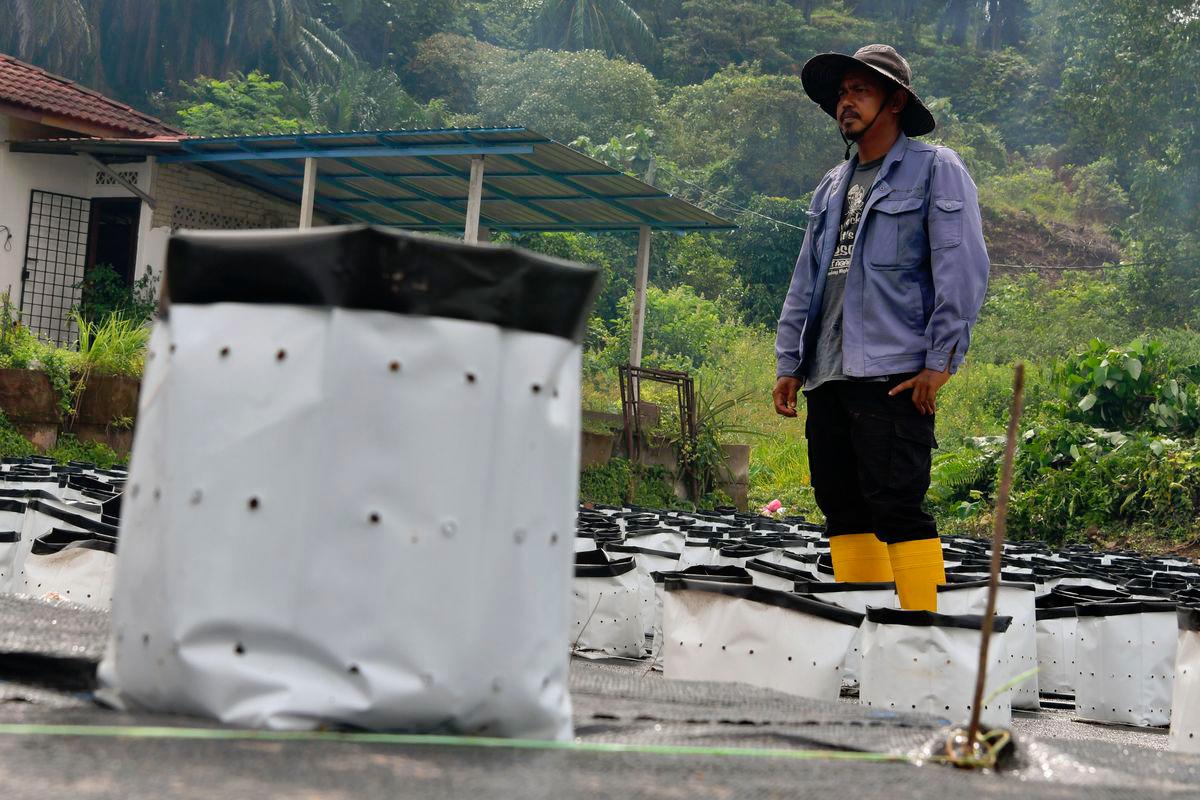PETALING JAYA: The government will strengthen Malaysia’s plantation and commodity sectors under Budget 2026, focusing on automation, sustainability, and improving the livelihoods of more than 700,000 smallholders nationwide, said Prime Minister Datuk Seri Anwar Ibrahim.
He said the agricommodity sector remains a vital pillar of Malaysia’s economy, contributing nearly RM90 billion to the Gross Domestic Product (GDP) and over 12 per cent of total national exports last year.
The palm oil industry, in particular, continues to be a global leader, accounting for one-quarter of the world’s production.
“Malaysia must build on this success by embracing automation and exploring new export markets,” Anwar said when presenting the national budget in Parliament today.
A total of RM2.4 billion will be channelled through key agencies — FELDA, RISDA, and FELCRA — to safeguard the welfare of more than 720,000 settlers, smallholders, and their families.
Anwar also highlighted the government’s successful move to bring FGV Holdings Berhad back under FELDA’s umbrella, calling it proof of the MADANI government’s commitment to listening to settlers’ voices and restoring FELDA’s legacy as a symbol of pride and progress.
Anwar said Malaysia has successfully countered Western allegations against palm oil through scientific findings, which have led to increased exports, particularly to China and India.
To sustain this momentum, the government has allocated RM63 million to intensify the Anti-Palm Oil Discrimination Campaign and promote sustainable certification, including among independent smallholders.
To reduce reliance on foreign labour and encourage local innovation, RM20 million will be allocated to support start-ups developing mechanisation and automation technologies in collaboration with the Malaysian Palm Oil Board (MPOB) and major industry players.
The Prime Minister also announced RM120 million in allocations to support smallholders across multiple commodities.
“This includes funding for replanting old palm oil trees, encouraging rubber smallholders to revive idle plantations, supplying 1.1 million high-quality cocoa seedlings with industry training, and providing relief to pepper farmers facing rising input costs such as fertilisers and pesticides.
“Support will also be extended to kenaf smallholders to enhance productivity and turn the crop into a new growth driver for the agricommodity sector,” he said.
He also said that an additional RM50 million will be used to develop and maintain plantation roads nationwide, improving accessibility and logistics for rural producers.
“In a move to strengthen Malaysia’s rubber industry, the Malaysian Rubber Board (LGM) will establish a Rubber Research Centre of Excellence with a total investment of RM600 million.
“The centre aims to advance research and ensure the long-term sustainability of the industry. LGM will also introduce a latex production incentive programme and re-activate idle rubber plantations to boost national output,” Anwar said.
Anwar said these measures reflect the government’s commitment to modernising Malaysia’s plantation sector, protecting smallholders, and positioning the nation as a global leader in sustainable, high-value agricommodities.









